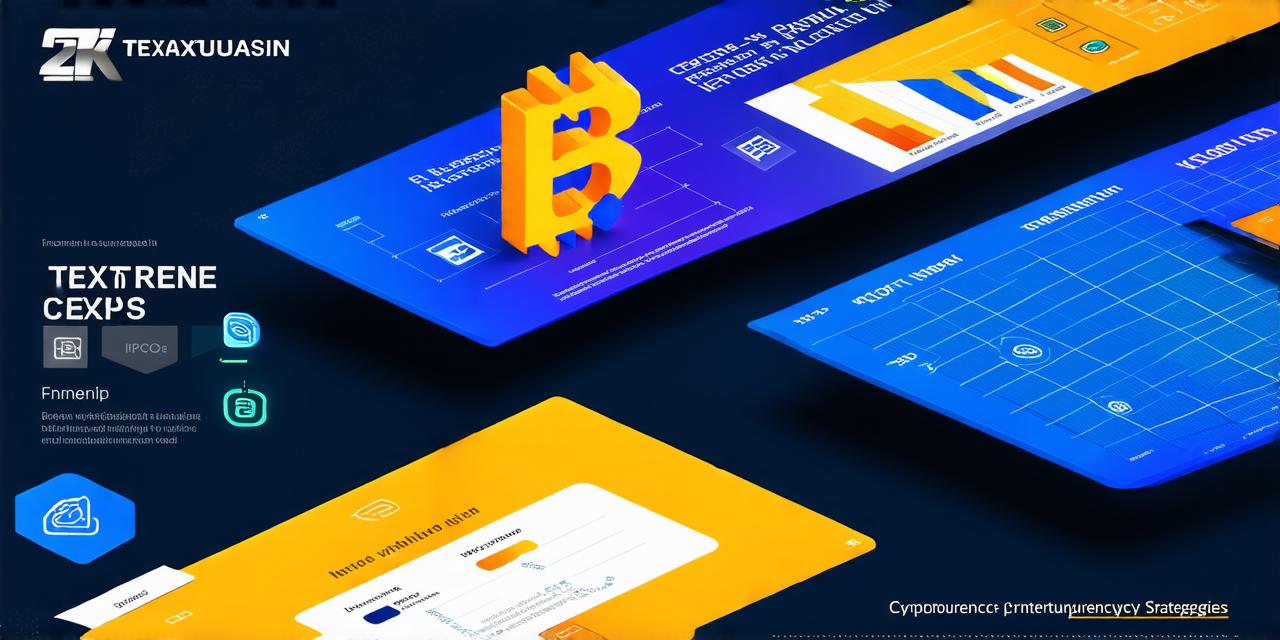How to fund blockchain
1. Initial Coin Offerings (ICOs)
Initial coin offerings (ICOs) are one of the most popular methods for funding blockchain projects. ICOs involve issuing digital tokens or coins in exchange for cryptocurrencies, fiat currencies, or other assets. The tokens can then be used to fund the development and maintenance of the blockchain project.
ICOs have been used to raise significant amounts of funds for various blockchain projects, such as Ethereum, EOS, and Filecoin. However, ICOs are not without risks, and there have been instances of fraudulent ICOs and failed projects. Therefore, it is essential for developers to conduct thorough research before participating in an ICO.
When considering an ICO, developers should consider the following factors:
- The project’s team and their experience in blockchain development
- The project’s roadmap and its potential for long-term success
- The tokenomics of the project, including the total supply, distribution, and utility of the tokens
- The regulatory environment for ICOs in the jurisdiction where the project is based
2. Venture Capital Funding
Venture capital funding is another popular method for funding blockchain projects. Venture capital firms invest in promising startups and provide them with the necessary resources to develop and grow their businesses. In the case of blockchain projects, venture capital funding can be used to fund research and development, marketing, and other operational expenses.
Venture capital funding has been used to fund several successful blockchain projects, such as Chainalysis, Circle, and Coinbase. However, venture capital firms are selective in the projects they invest in, and it can be challenging for developers to secure funding from them. Therefore, it is essential for developers to have a solid business plan and a clear understanding of their project’s potential before approaching a venture capital firm.
3. Crowdfunding Platforms
Crowdfunding platforms are another popular method for funding blockchain projects. These platforms allow individuals and organizations to invest small amounts of money in exchange for rewards or tokens. Crowdfunding platforms have been used to fund several successful blockchain projects, such as 0x, Kyber Network, and Omni Layer.
When considering a crowdfunding platform, developers should consider the following factors:

- The platform’s reputation and track record in funding successful blockchain projects
- The platform’s regulatory compliance in the jurisdiction where it operates
- The project’s team and their experience in blockchain development
- The project’s roadmap and its potential for long-term success
4. Government Grants and Incentives
Governments around the world are recognizing the potential of blockchain technology and are providing grants and incentives to support research and development in this field. For example, the UK government has launched an industrial strategy challenge fund for blockchain technology, while the European Union has established a blockchain task force to promote the adoption of this technology across various industries.
When considering government grants and incentives, developers should consider the following factors:
- The eligibility criteria for the grant or incentive
- The timeline and requirements for applying for the grant or incentive
- The potential impact of the grant or incentive on the project’s success
- The regulatory environment for blockchain technology in the jurisdiction where the government is based
5. Personal Investments
Personal investments are another method for funding blockchain projects. High net worth individuals and angel investors can provide funding to support the development and growth of blockchain



